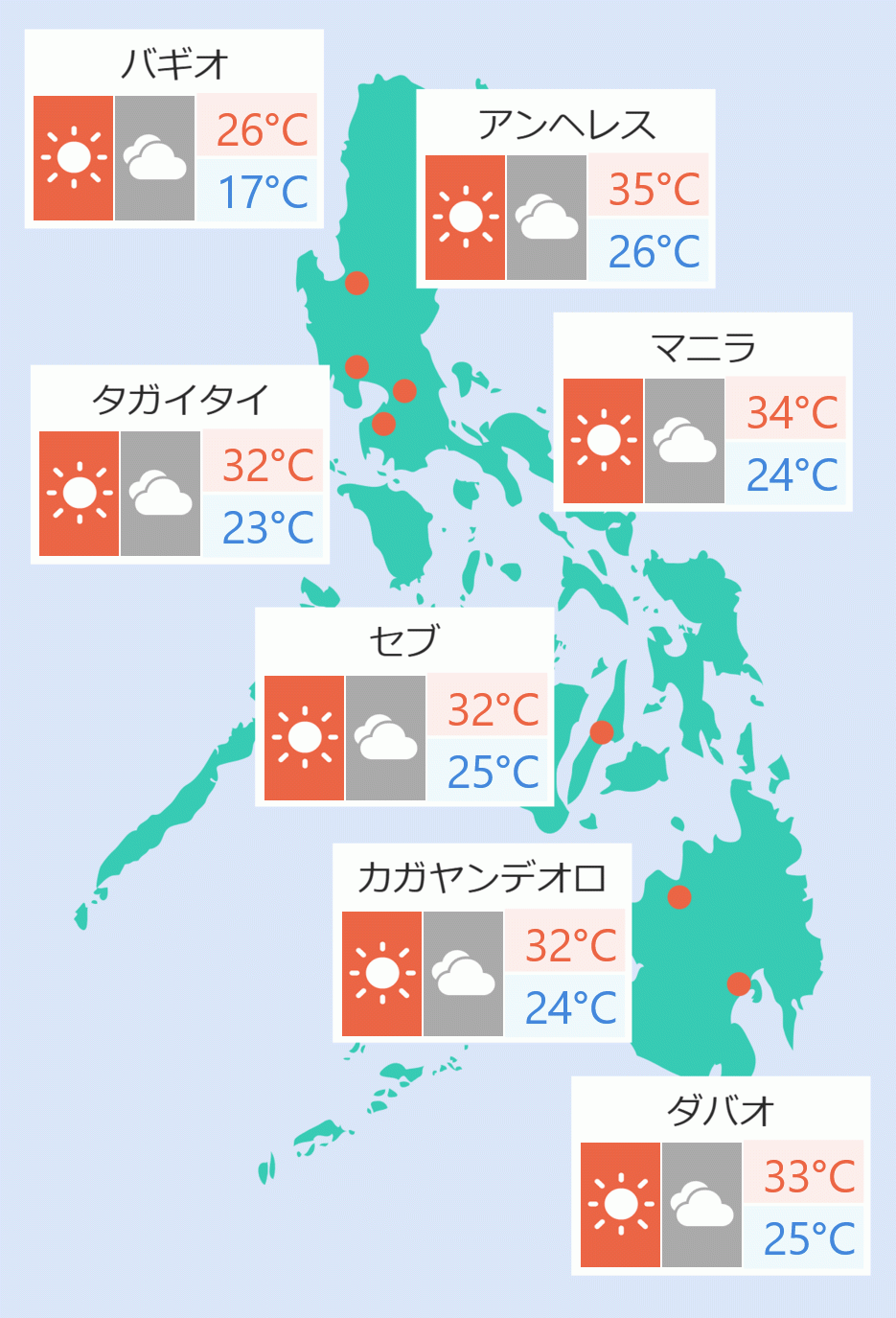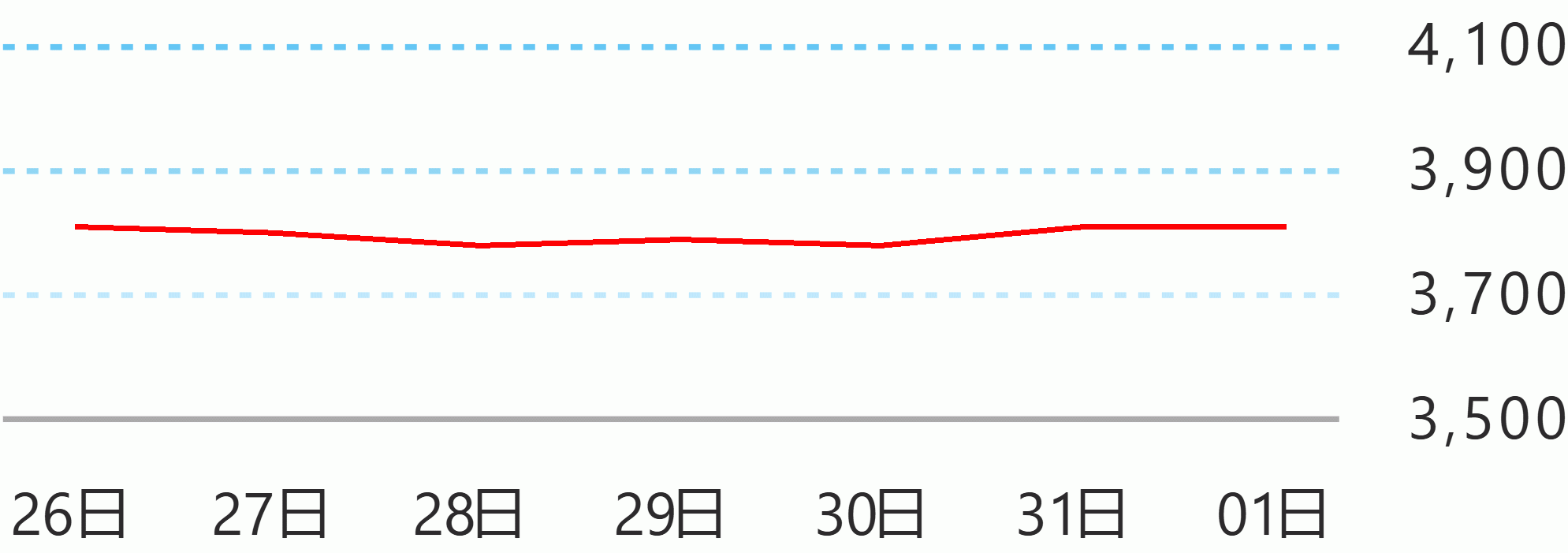The House of Representatives has vowed to support the increase in the proposed budget of the Office of the Presidential Adviser on Peace, Reconciliation and Unity (OPAPRU), particularly for the agency's additional unfunded programs and projects amounting to P608.4 million during budget deliberations on Friday.
The OPAPRU was allocated only P1.891 billion from its original proposed budget of P 4 billion, according to Rep. Mercedes Alvarez, vice chairperson of the House Committee on Appropriations who sponsored OPAPRU’s budget.
Rep. Joseph Stephen Paduano of the Abang Lingkod party list also expressed his full support for the agency during the deliberations.
“The OPAPRU’s efforts on normalization and transformation programs, confidence buildings, and various socio-economic assistance and development projects for transitioning rebels, their families, and communities have significantly contributed to the decrease of armed conflicts and atrocities in our country," Paduano said.
Paduano was the former national commander of the Revolutionary Proletarian Army-Alex Boncayao Brigade (RPA-ABB), a rejectionist group of the communist movement, which is now an active peace partner of the national government.
"I, myself, am a product of the peace agreements and among other beneficiaries of the peace processes in the past. Thus, I strongly believe that the components led by the OPAPRU are essential in strengthening the campaign towards peace," he added.
During the deliberations, Alvarez noted that the agency would be needing more funding for its various peacebuilding initiatives, particularly for the decommissioning process of Moro Islamic Liberation Front (MILF) combatants.
"The budget proposal submitted to the Development Budget Coordination Committee (DBCC) was P 4 billion more or less and the approved was P1.891 billion only, more or less, if not increased, this could affect the decommissioning process," she said.
This leaves an unfunded variance of P2.2 billion for programs across the different peace tables. However, considering the limited fiscal space, OPAPRU prioritized its most urgent requirements especially to carry out the continuing decommissioning process, support to Government and MILF joint peacekeeping teams, support to local dispute settlement mechanisms, peace education, amnesty program, support to primary mechanisms to resolve governance and resource-sharing issues between national Government and the BARMM, and facilitation of the implementation of the Transitional Justice and Reconciliation roadmap.
Rep. Mujiv Hataman of the lone district of Basilan province commended OPAPRU for playing a key role in reuniting the country’s leading Moro fronts.
“I would like to extend my congratulations to OPAPRU for bringing together the [leaders] of the different rebel groups who were not on good terms before. Now, they are part of the leadership of the Bangsamoro Transition Authority, through the initiative of the present leadership of the OPAPRU,” Hataman said.
As of posting, the OPAPRU is facilitating Phase Three of the decommissioning process of 19,345 Moro Islamic Liberation Front (MILF) members.
Decommissioning is among the major components of the Normalization Program under the Comprehensive Agreement on the Bangsamoro (CAB) which aims to transform the former combatants and their families into peaceful and productive citizens.
The OPAPRU is also gearing up for the rollout of a Transformation Program for Moro National Liberation Front (MNLF) members that will provide them and their next of kin with a package of socioeconomic assistance.
The peace agency is also implementing a similar Normalization Program for members of the Cordillera Bodong Administration-Cordillera People's Liberation Army (CBA-CPLA) and Rebolusyonaryong Partidong Manggagawa ng Pilipinas/Revolutionary Proletarian Army/ Alex Boncayao Brigade - Tabara Paduano Group (RPM-P/RPA/ABB-TPG) that is helping them reintegrate themselves into mainstream society.
The OPAPRU, through its Payapa at Masaganang Pamayanan (PAMANA) Program, is also carrying out various socioeconomic projects in geographically isolated and disadvantaged areas (GIDAs) such as farm-to-market roads, agricultural infrastructure, water projects, and livelihood assistance.
Through its Social Healing and Peacebuilding Office (SHAPEO), the agency is working closely with its various stakeholders to promote the culture of peace, mutual understanding and solidarity among victims of armed conflict.
Presidential Peace Adviser Secretary Carlito Galvez, Jr. who was present at the budget hearing, said he is beyond grateful for the approval of the agency’s proposed budget.
"We are very happy with the strong support given by members of Congress to our agency. This is a testament of their steadfast commitment to sustaining the gains of the comprehensive Philippine peace process,” Galvez said.
“Under the Marcos Administration’s banner of unity, OPAPRU shall continue to carry out peacebuilding interventions so we can effectively address the drivers of conflict, and bring a just and lasting peace to all Filipinos,” he added. OPAPRU Communications and Public Affairs Services





 English
English










